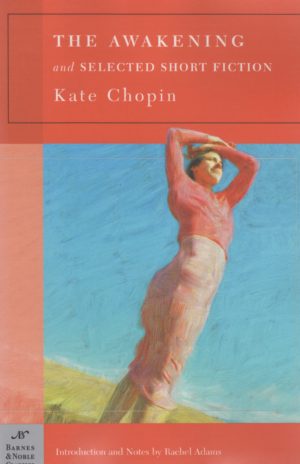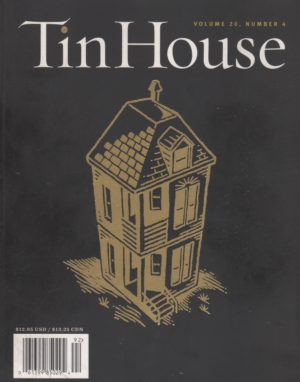
I’d never heard of Kate Chopin or read any of her work, including what is billed as her seminal novel, The Awakening, until I saw this collection at BN in Duluth and decided to give her a read. Let’s just say that Kate Chopin is a wonderful short story author who should have limited her writing to the short form. Why?
I get that The Awakening was, when it was released in 1899, a bit of a shocker to polite society. The idea that Edna, the female protagonist wants, needs, and desires an affair outside her marriage in the Victorian Age, well, that caused an uproar amongst readers and critics. But here’s the thing: While Chopin spends page after page after page exploring the inner psyche of her heroine, there’s virtually nothing happening outside Edna’s head. I found the story essentially dry, boring, and far from scandalous or titalating. That might be my 21st century societal background impeding my objectivity but I don’t think so. I share the sentiment of American novelist Willa Cather, whose review of Awakenings included the following:
A Creole Bovary is this little novel of Miss Chopin’s. Not that the heroine is a Creole exactly, or that Miss Chapin is a Flaubert … but the theme is similar to that which occupied Flaubert. There was, indeed, no need that a second Madame Bovary should be written … I shall not attempt to say why Miss Chopin has devoted so exquisite and sensitive, well-governed style to so trite and sordid a theme … (N)ext time I hope that Miss Chopin will devote that flexible iridescent style of hers to a better cause. Pittsburgh Leader, 1899.
If I had to rate The Awakening as a stand-alone work, it would barely garner 2 stars.
Still, because the introduction and Willa Cather make it clear that Chopin was a writer of some note at the turn of 19th to the 20th century, I plowed on and read the short stories that follow her ill-conceived novel. I’m happy to say that Miss Chopin’s short fiction redeems her as a writer of quality. Though the themes throughout the short stories are a bit repetitive, sexual and societal awakenings of women in the stories being a near-constant drumbeat of plot, Chopin is masterful in drawing the reader into her world of Creoles and heat and mist and the Old South. Modern critics who complain she is pejorative towards African American characters are not wrong; they just miss the beauty of the storytelling that lurks behind the author’s subtle prejudice. Yes, Chopin could have done more to highlight the character and integrity and humanness of the black folks lurking skirting the edges of her tales. But that wasn’t who she was writing about: She was writing about white women in the Old South coming to grips with the modern age. From that standpoint, she knew how to tell a story.
As a collection: 3 and 1/2 stars out of 5. The Awakening as a stand-alone novel? 2 stars. The short stories by themselves? 4 and 1/2 stars.

I’ll keep this short since this is a review of a literary magazine, one that is no longer being published, and not a book or collection. I’ve never been able to place any of my short fiction in literary journals, and certainly never had a piece considered by the now-departed Tin House. That’s OK; not everyone shares my taste in storytelling. But here’s the thing: With the demise of every journal devoted to poetry and short stories and thoughtful creative non-fiction, writers are deprived of a marketplace for their words, which saddens me.
It was for this reason, my despair (that’s too strong; discomfort is a better word here) at the retracting world of literary journals and wonderful little magazines of writing (Glimmer Train recently ended a long run as a great literary journal; years back, my favorite environmental/conservation magazine, Heron Dance, bit the dust) that I picked up the farewell edition of Tin House. While I’m sad at the journal’s demise, I’m glad I read the fine stories, poetry, and creative non-fiction contained inside its covers. RIP, Tin House, I am saddened you are gone.
Peace
Mark


